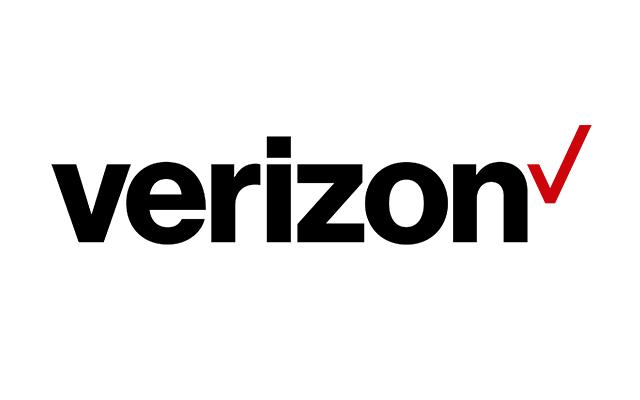
Earnings Per Share (EPS) of $1.19, slightly above the estimated $1.18, showcasing operational efficiency.
Revenue of $33.3 billion fell short of the expected $33.42 billion, indicating challenges in revenue growth.
Valuation metrics reveal a Price-to-Earnings (P/E) ratio of 15.66 and a Price-to-Sales ratio of 1.31, reflecting market valuation of earnings and sales.
Verizon Communications Inc. (NYSE: VZ) is a leading telecommunications company in the United States, providing wireless and wireline services. It competes with other major players like AT&T and T-Mobile. On October 22, 2024, Verizon reported its third-quarter earnings, showcasing a mixed financial performance. The company achieved earnings per share (EPS) of $1.19, slightly above the estimated $1.18, but its revenue of $33.3 billion fell short of the expected $33.42 billion.
Despite the revenue miss, Verizon’s EPS of $1.19 represents a positive surprise of 0.85% over the consensus estimate. However, this figure is a slight decline from the $1.22 EPS reported in the same quarter last year. The company’s ability to consistently exceed EPS estimates over the past four quarters highlights its operational efficiency and cost management strategies.
Verizon’s revenue for the quarter was $33.33 billion, which remained flat compared to the same period last year. This revenue figure fell short of the Zacks Consensus Estimate of $33.53 billion, resulting in a negative surprise of 0.60%. The company has only surpassed consensus revenue estimates once in the last four quarters, indicating challenges in revenue growth.
The company’s financial health is reflected in its valuation metrics. Verizon has a price-to-earnings (P/E) ratio of approximately 15.66, suggesting that investors are willing to pay $15.66 for every dollar of earnings. Its price-to-sales ratio is about 1.31, indicating that investors pay $1.31 for each dollar of sales. These metrics provide insight into how the market values Verizon’s earnings and sales.
Verizon’s balance sheet shows a debt-to-equity ratio of approximately 1.81, indicating a significant reliance on debt financing. The current ratio of around 0.63 suggests that the company may face challenges in covering short-term liabilities with its short-term assets. Despite these challenges, Verizon’s earnings yield of about 6.39% offers a decent return on investment for shareholders.

